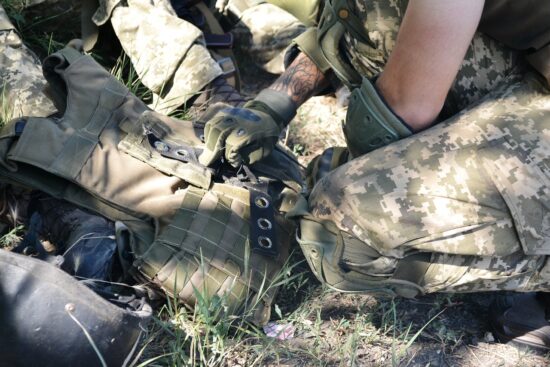Six Extensively Drug-Resistant Bacteria in an Injured Soldier, Ukraine
Blood and surveillance cultures from an injured service member from Ukraine grew Acinetobacter baumannii, Klebsiella pneumoniae, Enterococcus faecium, and 3 distinct Pseudomonas aeruginosa strains. Isolates were nonsusceptible to most antibiotics and carried an array of antibiotic resistant genes, including carbapenemases (blaIMP-1, blaNDM-1, blaOXA-23, blaOXA-48, blaOXA-72) and 16S methyltransferases (armA and rmtB4).
The ongoing conflict in Ukraine has placed extraordinary pressure on medical infrastructure and health delivery services in the region. Previous reports from Eastern Ukraine have noted the emergence of multidrug-resistant (MDR) Acinetobacter baumanii, Pseudomonas aeruginosa, and Enterobacterales infections during hospitalization. Those strains encompassed a variety of clonal lineages, with many carrying carbapenemases, extended-spectrum β-lactamases (ESBLs), and 16S methyltransferases. We describe the isolation of 6 extensively drug-resistant (XDR) organisms from a single soldier from Ukraine.
AMR NEWS
Your Biweekly Source for Global AMR Insights!
Stay informed with the essential newsletter that brings together all the latest One Health news on antimicrobial resistance. Delivered straight to your inbox every two weeks, AMR NEWS provides a curated selection of international insights, key publications, and the latest updates in the fight against AMR.
Don’t miss out on staying ahead in the global AMR movement—subscribe now!







